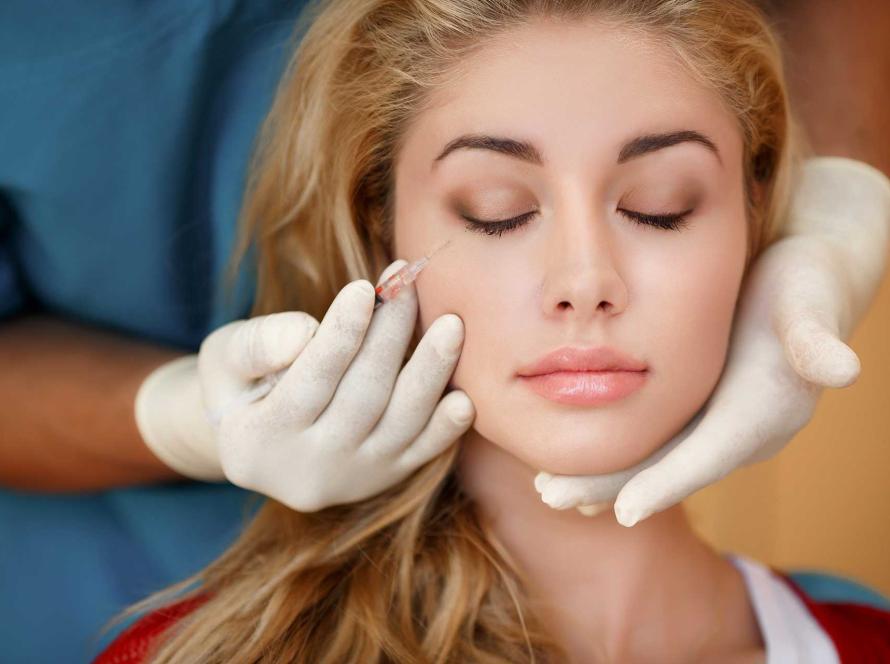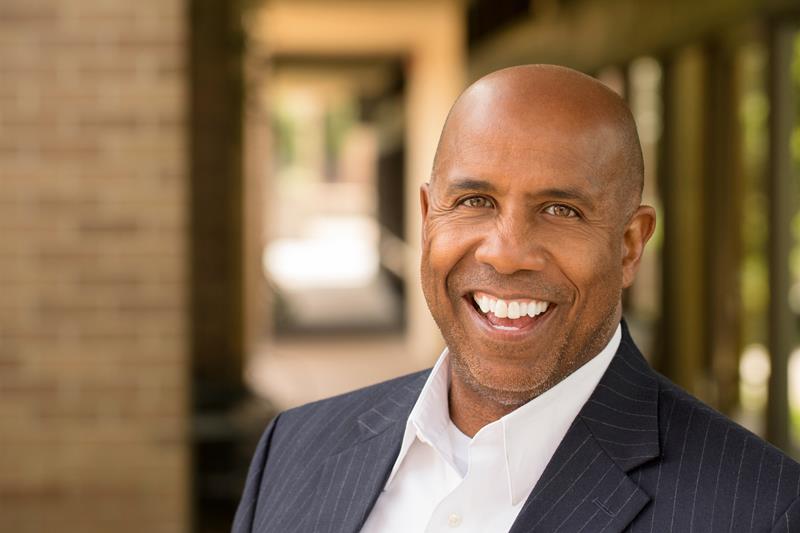Before choosing to undergo breast augmentation surgery, you will discuss breast implant options with your plastic surgeon. The two main options are saline and silicone. Each type of implant has risks and benefits and we outlined the differences between breast implant options for you! Whichever type you choose, it’s important to note what you should do if you believe they ruptured. For a silicone implant rupture, more significant steps need to be taken due to the toxicity of the substance. Your plastic surgeon will review what to do if you suspect a breast implant leak, however, the guidelines below should be a good place to start.
What is a silicone implant rupture?
A silicone implant rupture is when the outer shell of the breast implant develops a tear or a hole. As time passes, the likeliness of an implant rupture increases.
While all types of breast implants may rupture, the risk associated with a silicone implant is slightly higher. When a saline implant ruptures, there is obvious deflation and the body simply absorbs the saline water in the system. However, when a silicone implant ruptures, the substance must be removed because the body is unable to naturally remove it. There is also the possibility that the body shows no signs or symptoms of rupture, which is referred to as a “silent rupture.”
Risks of a breast implant rupture
There are several risks associated with a breast implant rupture. According to the FDA, breast implant complications can include the following:
- Capsular contracture. This occurs when scar tissue forms after the initial surgery and continues to build as it squeezes the implant.
- Additional surgery. As mentioned, if your silicone breast implant ruptures, corrective surgery will be necessary to remove it. Should you choose not to replace your implants, a breast lift may also be necessary to accommodate this change.
- Breast implant associated-anaplastic large cell lymphoma (BIA-ALCL). This is a type of non-Hodgkin’s lymphoma; also referred to as immune system cancer.
- Connective tissue disease, breast cancer, and reproductive problems.
Causes of implant ruptures
The causes of a ruptured implant vary. Some typical causes of breast implant rupture include the following:
- Normal aging
- Car accident trauma
- Needle insertion
- Other blunt/traumatic pressure on the implant
In a 2013 study, researchers looked at device-retrieval data from two implant manufacturers: Allergan and Mentor. The research found that 51 to 64% of silicone implant ruptures were caused by damage from surgical instruments during the initial implant surgery.
Signs & symptoms to look out for
There are several signs to look for if you believe you are experiencing a silicone implant rupture. They include the following:
- Any change in breast size or shape
- Significant pain that increases over time
- Unusual firmness or stiffness in the breast
- Significant swelling that increases over a few weeks
How to fix a ruptured silicone implant
If you think your silicone breast implant ruptured, contact your plastic surgeon immediately. He or she will ask you several questions and determine the right course of action for your unique situation. Your medical professional will usually order an imaging test, such as an MRI.
If your silicone implant ruptured and is causing the signs or symptoms listed above, your surgeon may recommend surgical removal. During this additional surgery, your surgeon can usually replace your implant if you want. If you decide to have implants removed, corrective surgery may be necessary.
If you have a silent rupture — one that’s not causing signs or symptoms — your plastic surgeon will explain possible treatment options. Some women take a wait-and-see approach, while others prefer to remove or replace the ruptured implant. Ask your surgeon to help you weigh the pros and cons.
It’s important to remember that breast implants are not guaranteed to last an entire lifetime. Yearly breast exams by your doctor are important. Monitoring for anything unusual is also paramount to avoiding a ruptured implant.
Choosing an experienced breast implant surgeon in New Jersey
The right breast implant surgeon in New Jersey will be able to answer all of your questions about a silicone breast implant rupture. He or she will explain the best ways to prepare for augmentation, what happens if a rupture occurs and make sure that you feel at ease before your procedure. Seek a doctor who is experienced in breast augmentation surgery and who is understanding of your unique body goals. Dr. Berlet serves the northern New Jersey and New York City areas by helping women understand their options when undergoing breast augmentation surgery. If you have questions about silicone vs. saline breast implants, the possibility of ruptures or breast augmentation surgery, reach out to our office. We would be happy to help you learn more!




